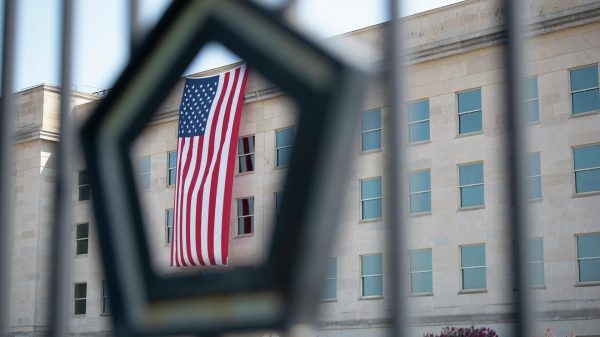Happy Thursday,
Two weeks ago, I wrote about a report from the Brennan Center for Justice that tallied up 106 bills pending across 28 states that would make it harder to vote. This week, the Brennan Center updated that tally, finding there were now 165 pending bills in 33 states to impose voting restrictions.
This only further confirms what has already been clear for months: after an election with record turnout, there is an unmistakable effort to make it harder to vote in America. Officials are using Donald Trump’s baseless claims about fraud, embraced by many other Republicans, to justify the need to tighten voting laws.
Georgia backlash
In Georgia, where Republicans are considering getting rid of no-excuse voting and requiring voters to submit two copies of their ID during the absentee ballot process, two quotes from Republican lawmakers this week exemplified this approach.
“There has been so much noise and misinformation about the election that I think we’ve got to restore confidence,” the Georgia state senator Larry Walker III, a Republican, told the Wall Street Journal this week, embracing making changes to Georgia’s voting rules. The Georgia house speaker, David Ralston, who said more mail-in voting would hurt Republicans, added that Republicans needed to soothe angry constituents.
“They’ve caught a lot of heat from constituents who were just given the wrong information,” Ralston said of his fellow Republicans. “Sometimes we have to deal with perception.”
The filibuster problem
As new voting restrictions move forward in the states, Democrats in Congress have the opportunity to pass the most sweeping protections for voting rights in generations.
But if they want to do that, they’ll first have to get rid of the filibuster, the procedural tactic the minority party in the US Senate can use to stall legislation.
In the increasingly partisan Senate, there’s no question that the filibuster threatens a host of Democratic priorities. But many advocates have pointed out that protecting voting rights offers a uniquely urgent need for getting rid of the process. Republicans are launching a brazen attack on the rules of democracy, they say, and allowing it to continue will only make the playing field will only get more unfair.
I asked Eric Holder, who served as the US attorney general from 2009 to 2015, what the consequences would be if Democrats left the filibuster in place and didn’t use their new majority in Congress to pass sweeping voting reforms.
“The reality is that too many in the Republican party have grown comfortable manipulating our political system for partisan advantage,” he wrote back. “The Senate should not allow the filibuster, which was once used to stop civil rights legislation, to now stop critical bills that would protect and strengthen our democratic system.”
The consequences of gerrymandering
There’s been a wild back-and-forth in Wisconsin between the state’s Democratic governor and the GOP-controlled legislature over a mask mandate. I’m still thinking about this piece I read in NBC News a few weeks ago that framed the bickering through the lens of the extreme partisan gerrymandering of the Wisconsin legislature.
The story of Wisconsin’s gerrymandering is well known – in 2010 Republicans took control of the state legislature and quickly drew electoral districts that virtually guaranteed they would control it for the next decade. Democrats have barely made any gains, despite winning all five races on the statewide ballot in 2018. But one thing that can be hard to capture in that story of gerrymandering is the exact harm to Wisconsin voters that process produces.
That’s why the NBC piece has stuck with me. It’s a reminder of how gerrymandering creates incentives not to cooperate – even in the middle of a public health crisis.

























































Свежие комментарии